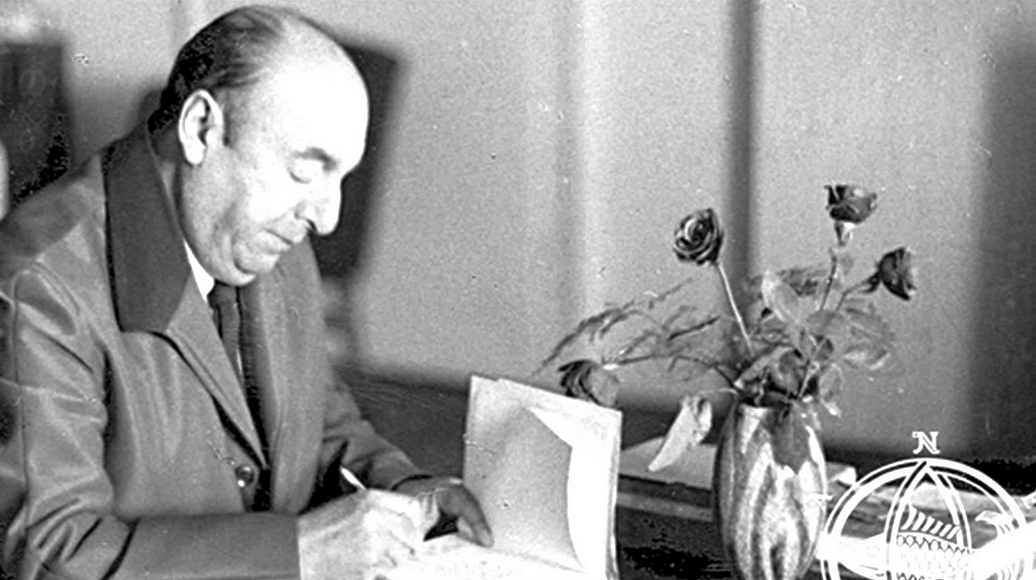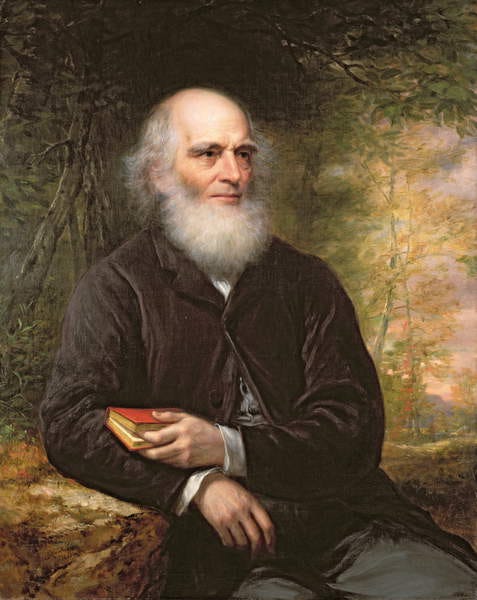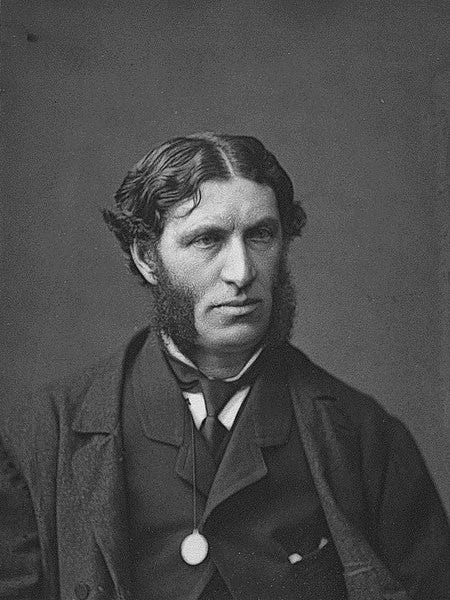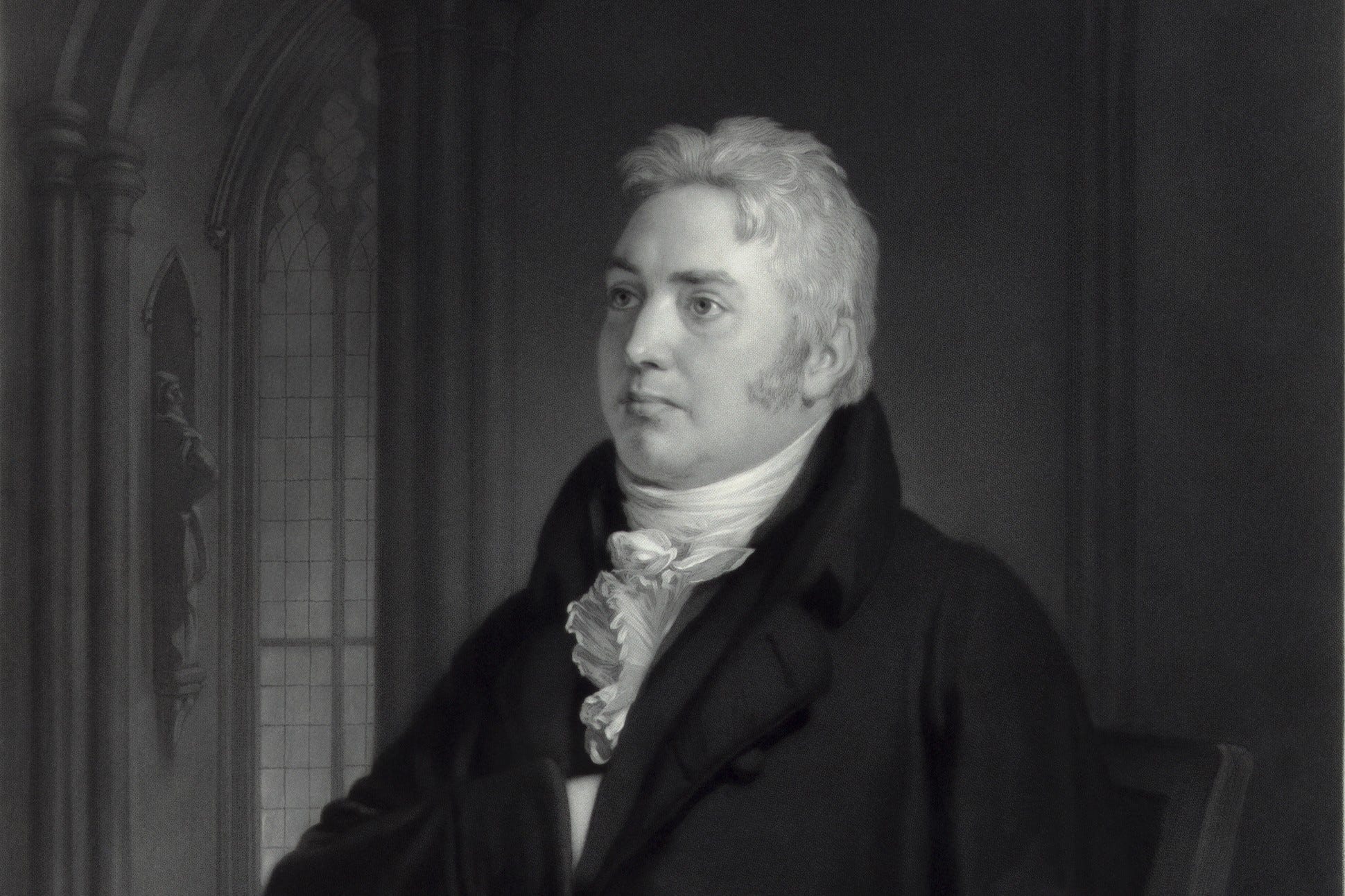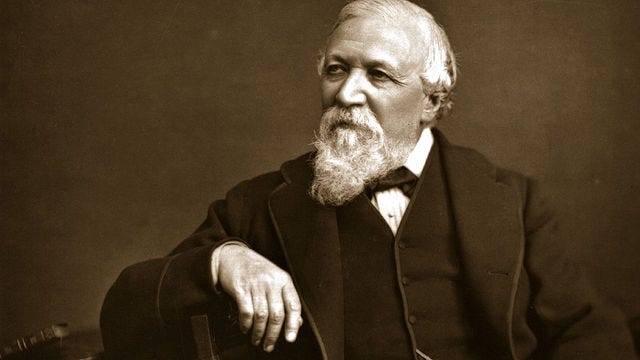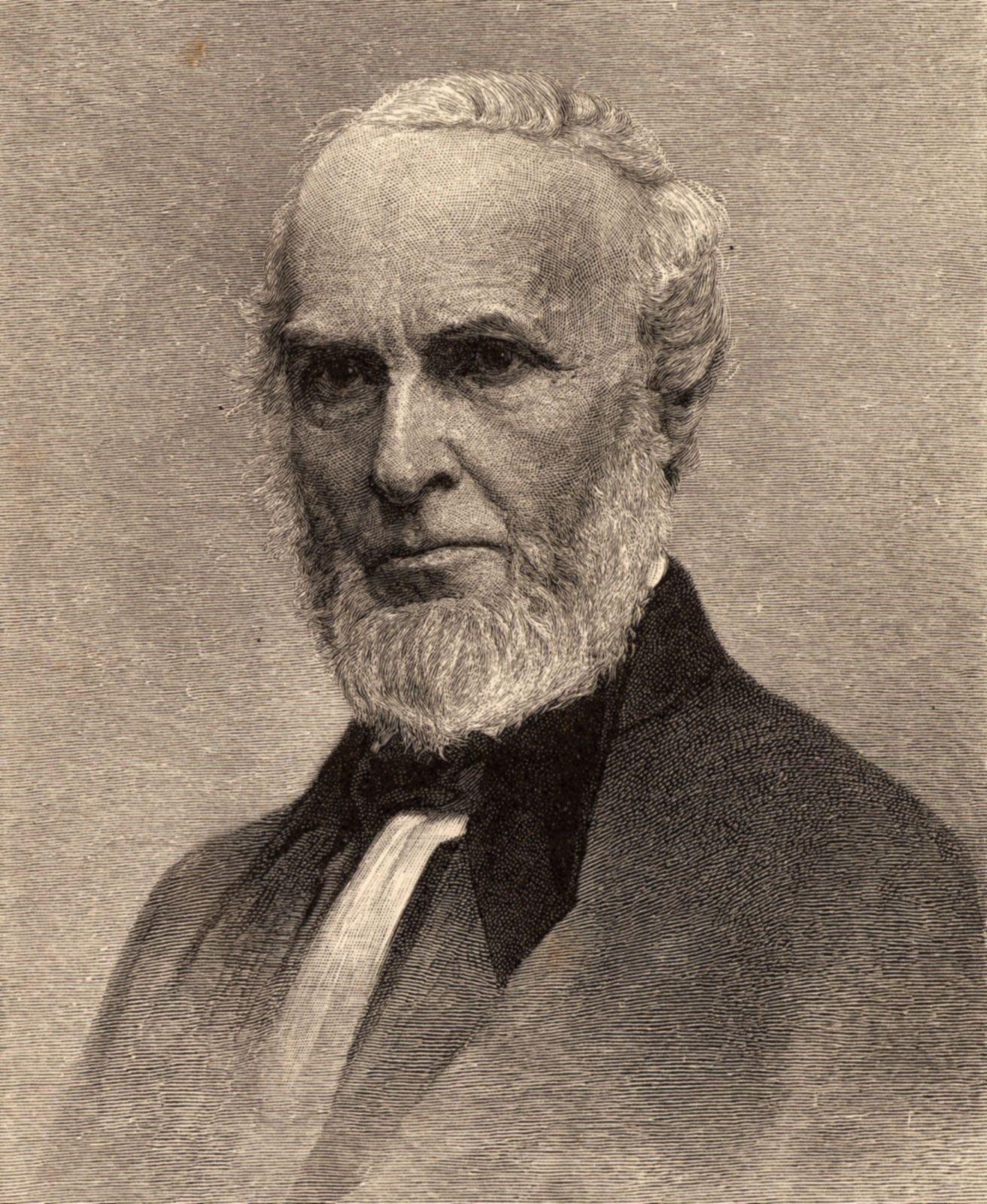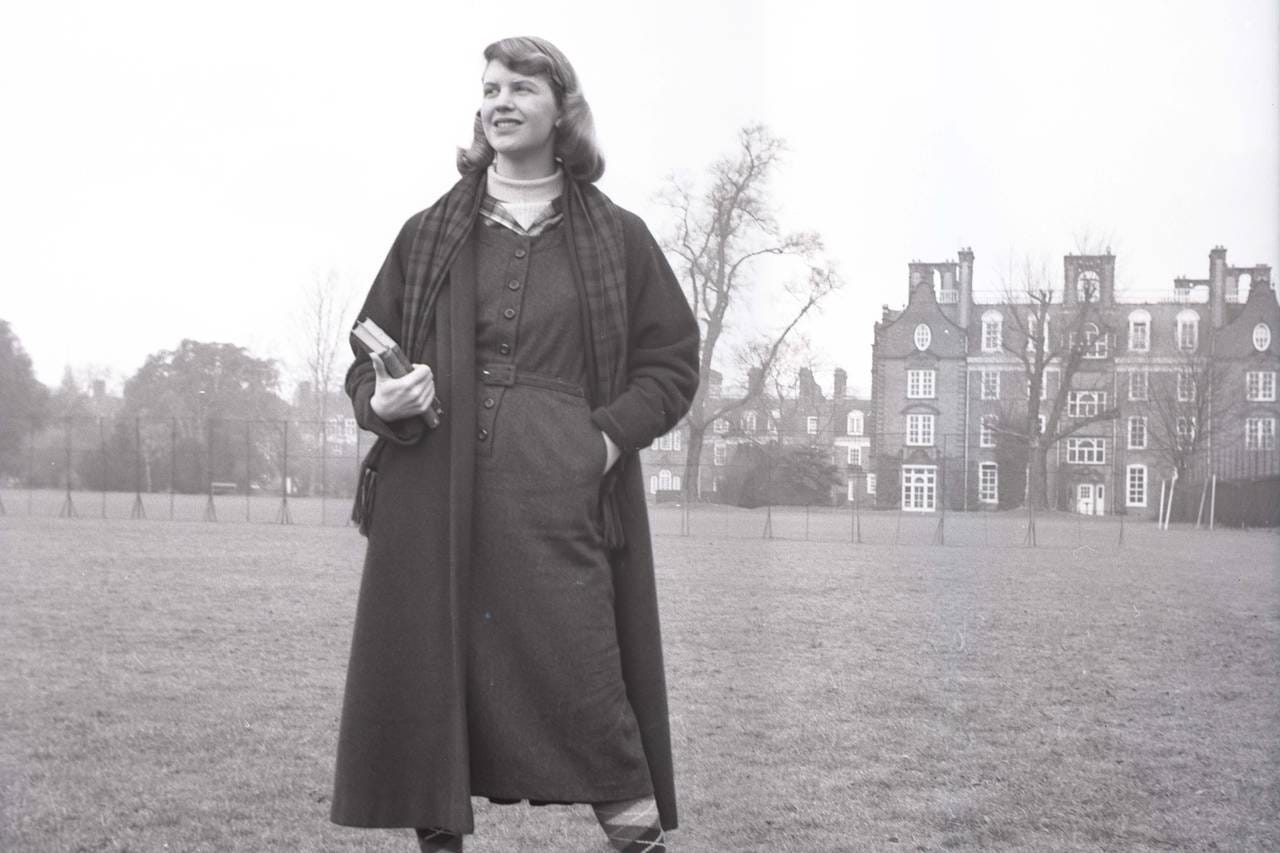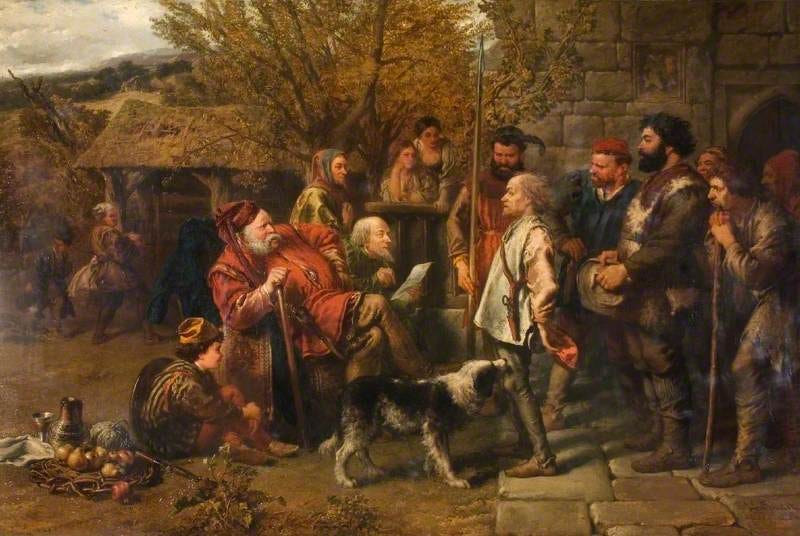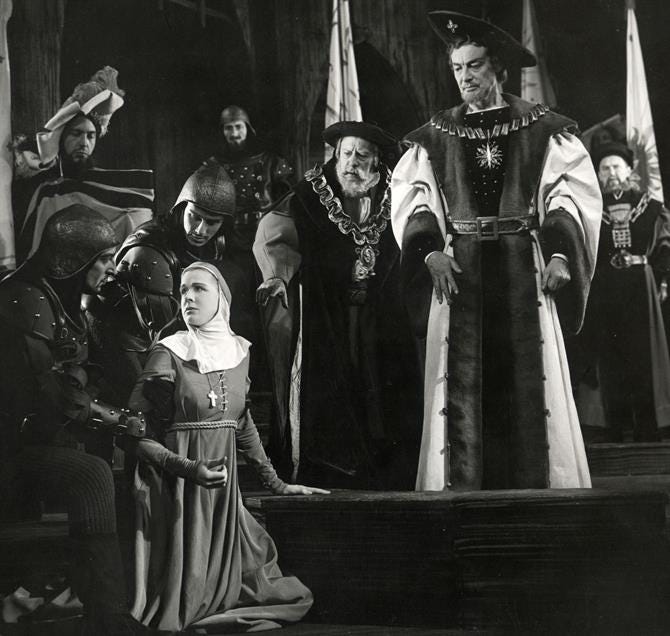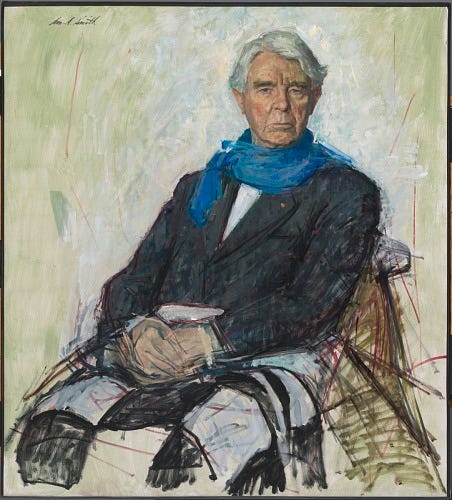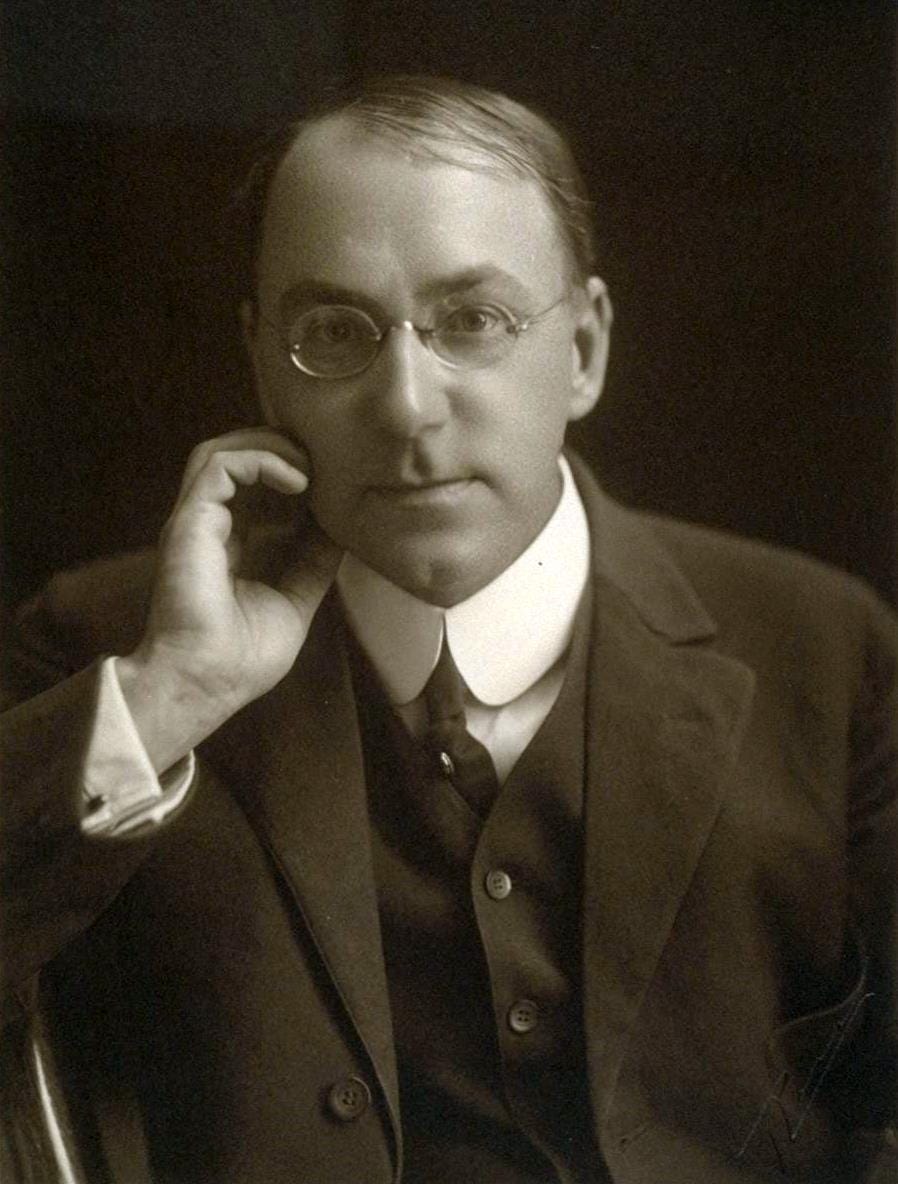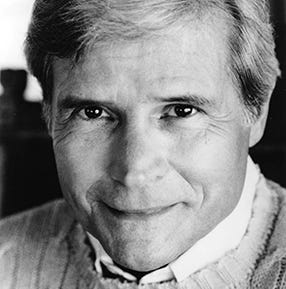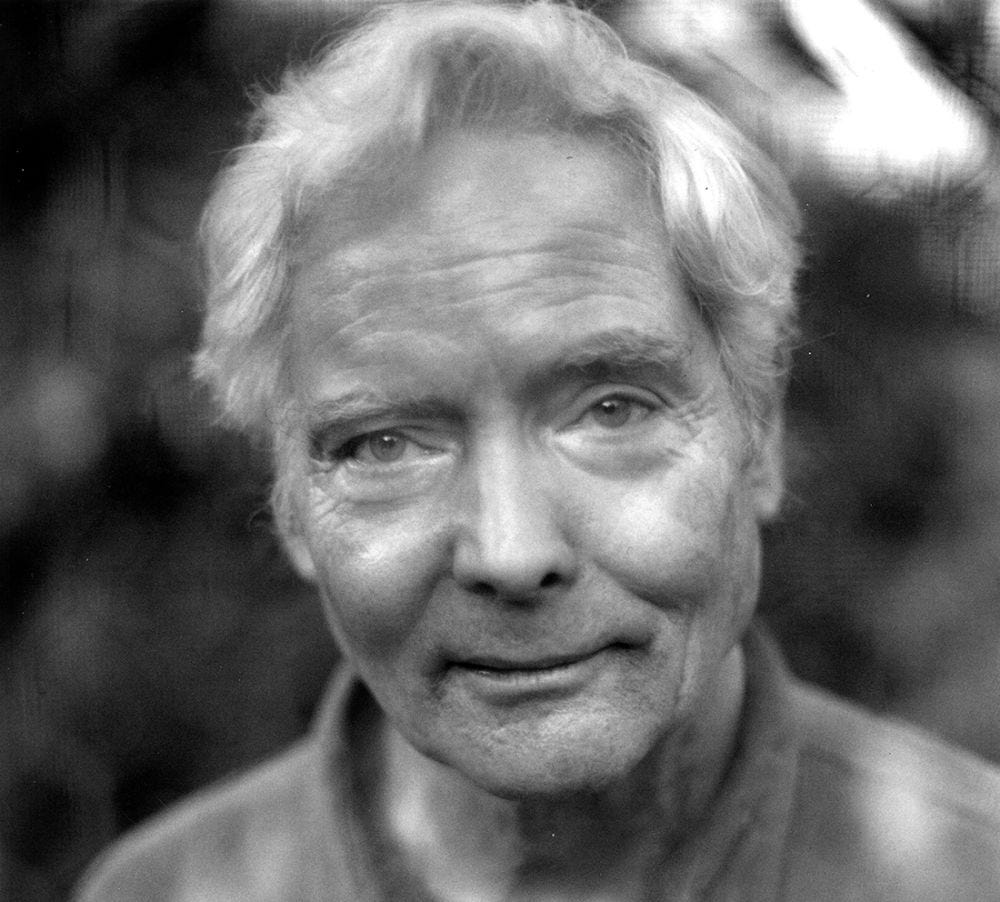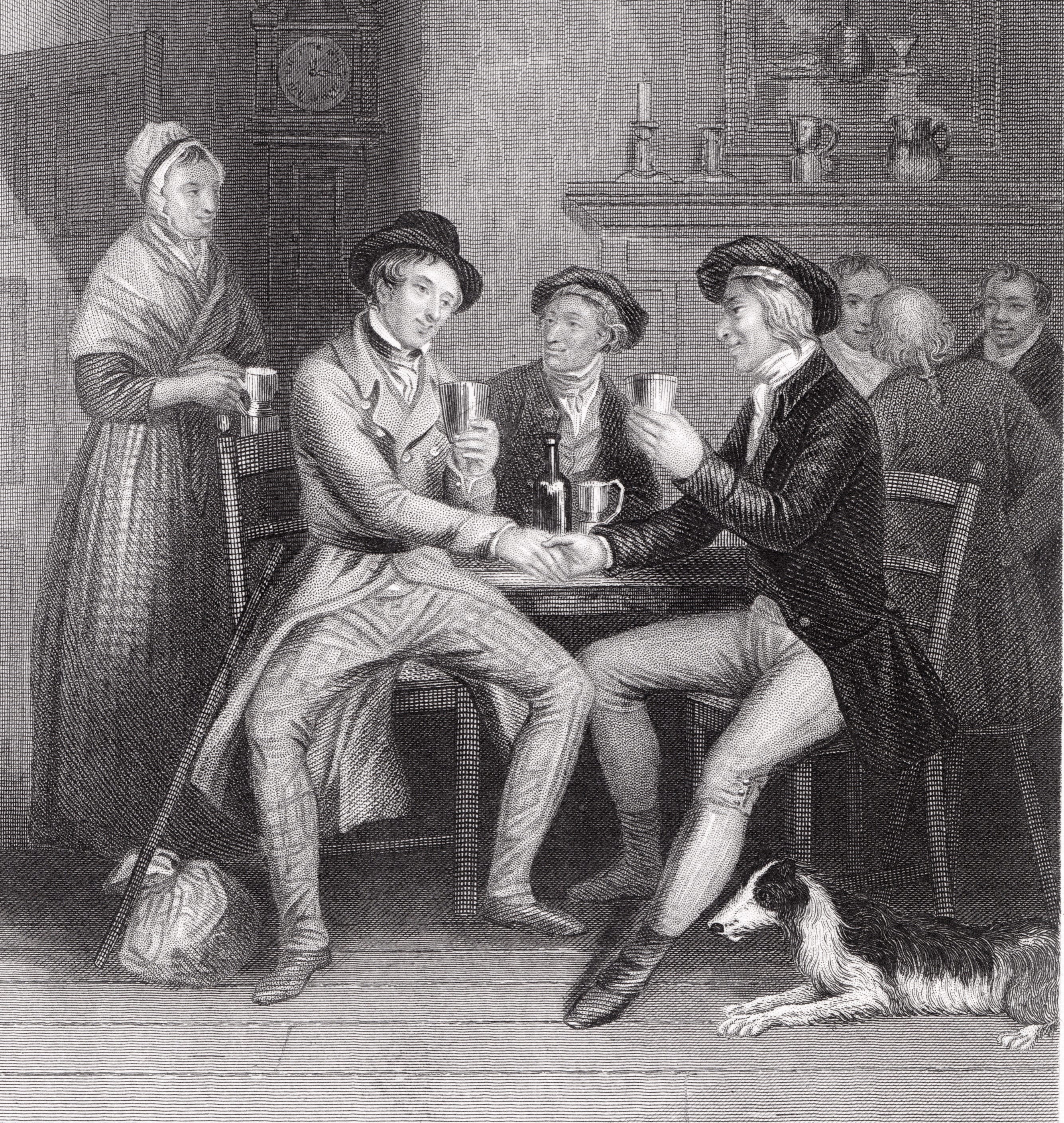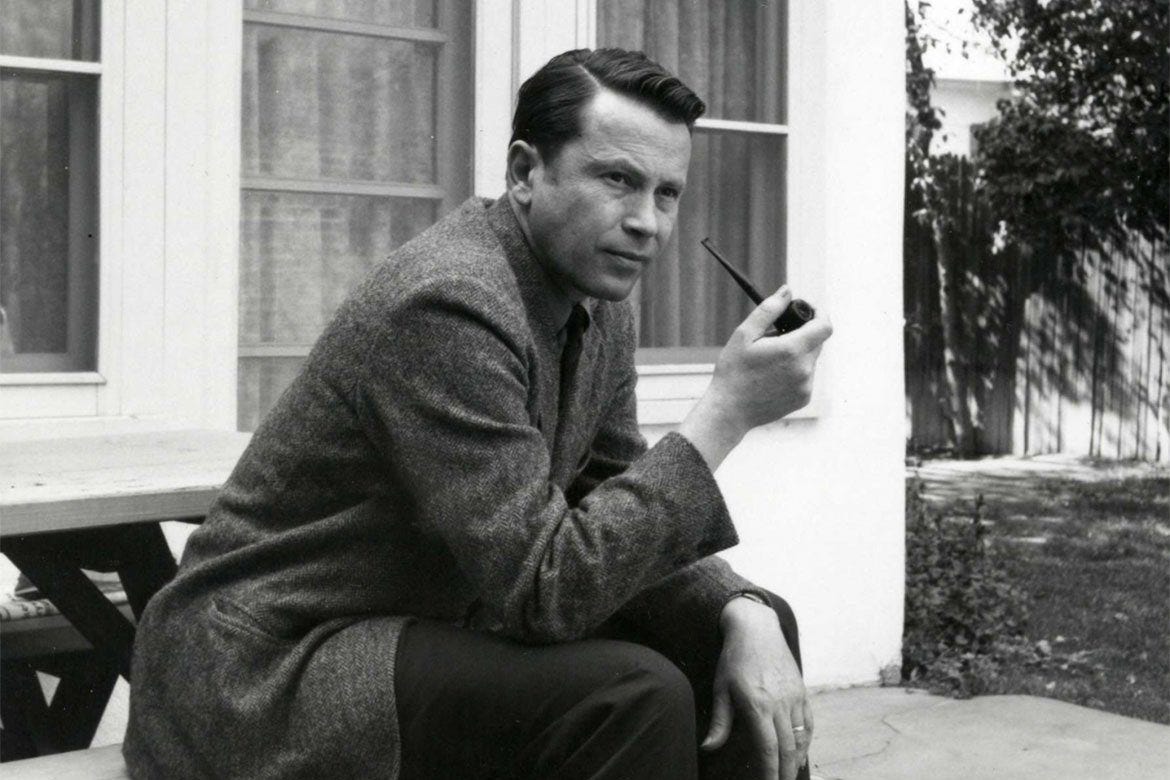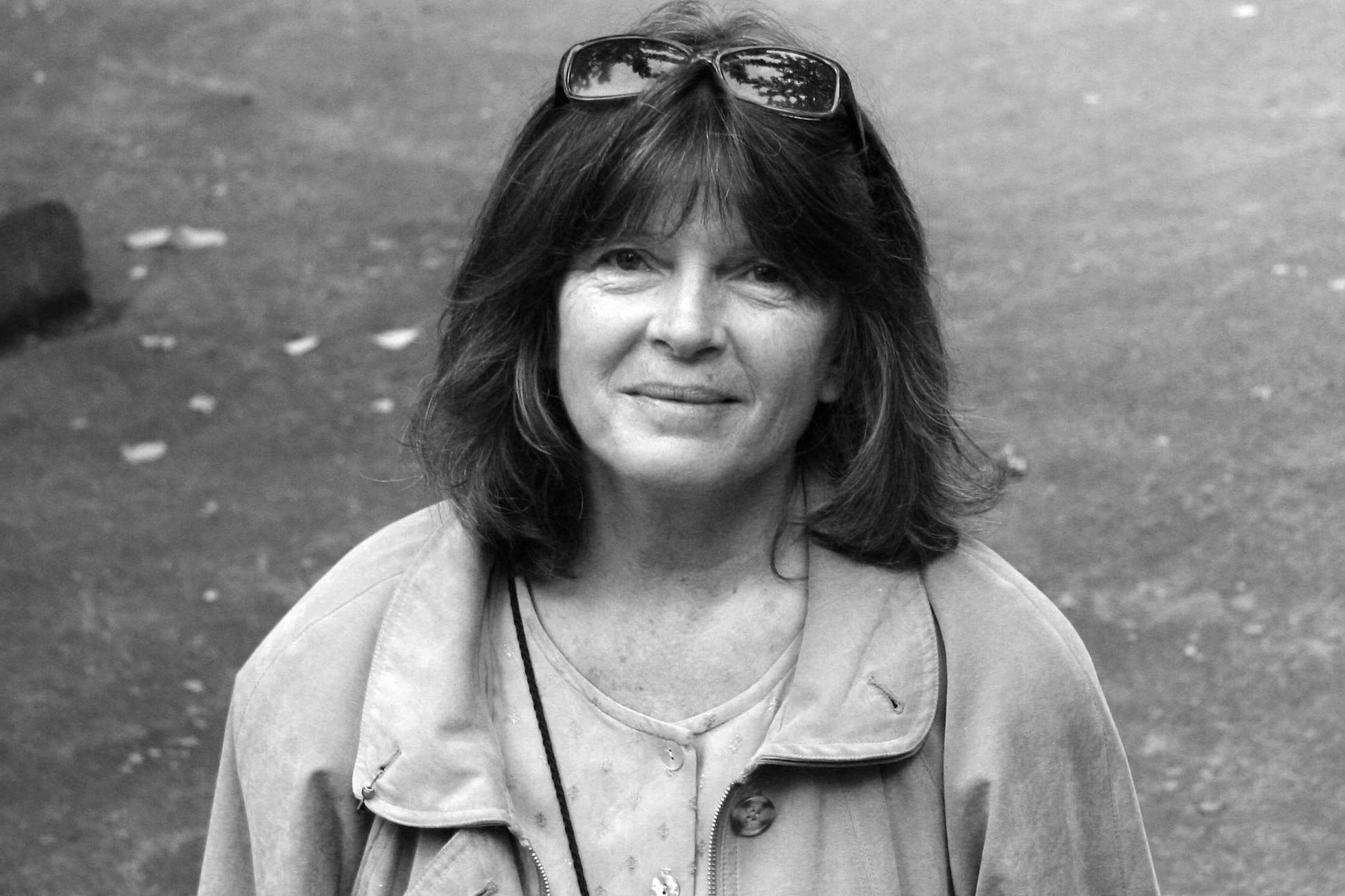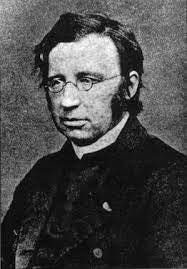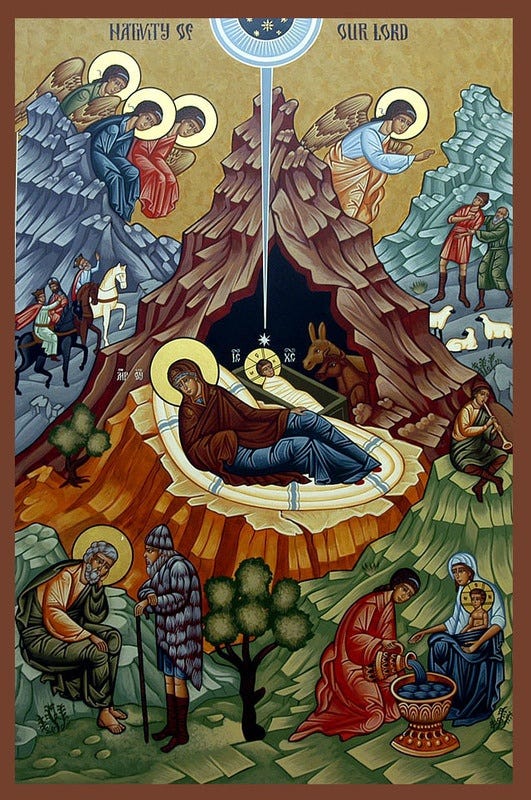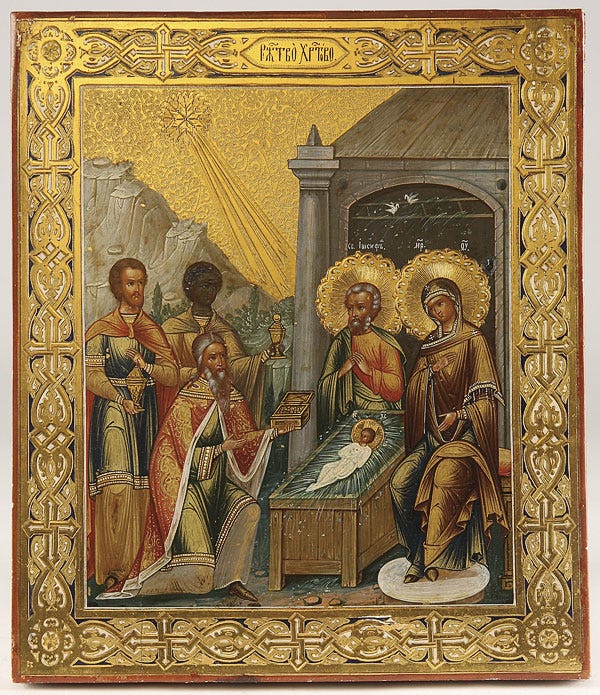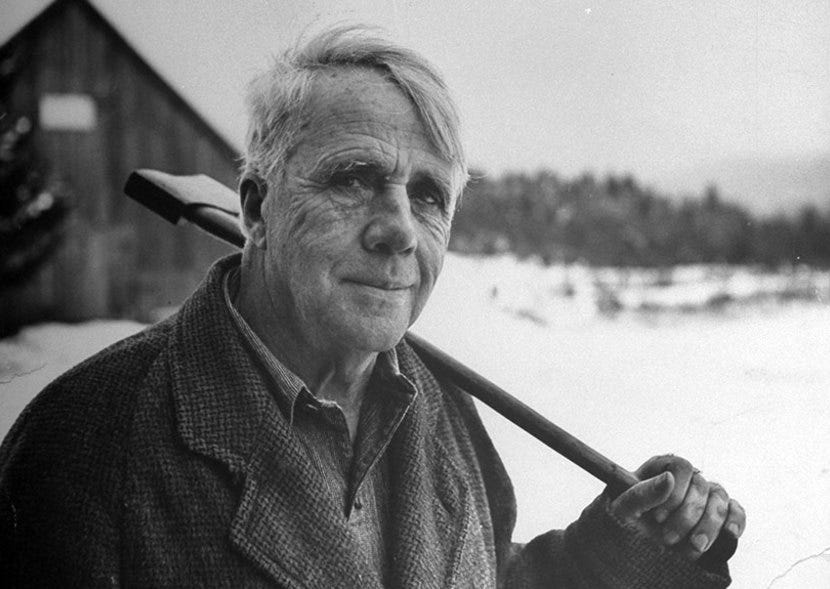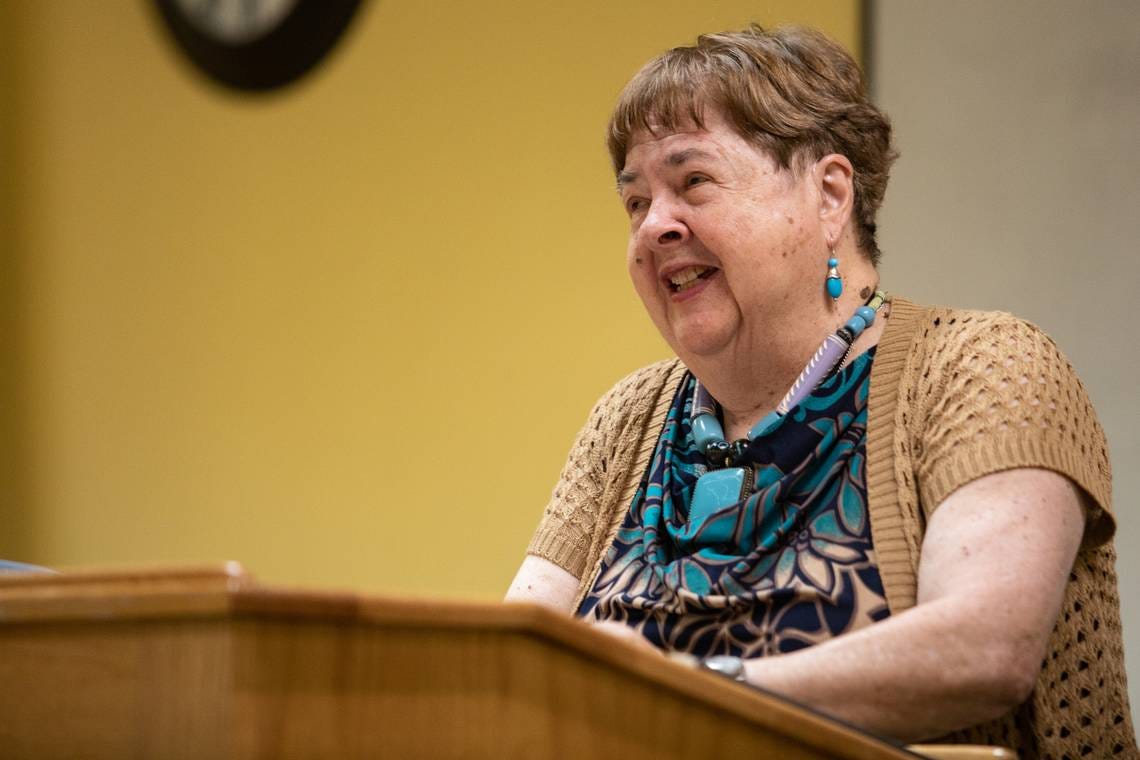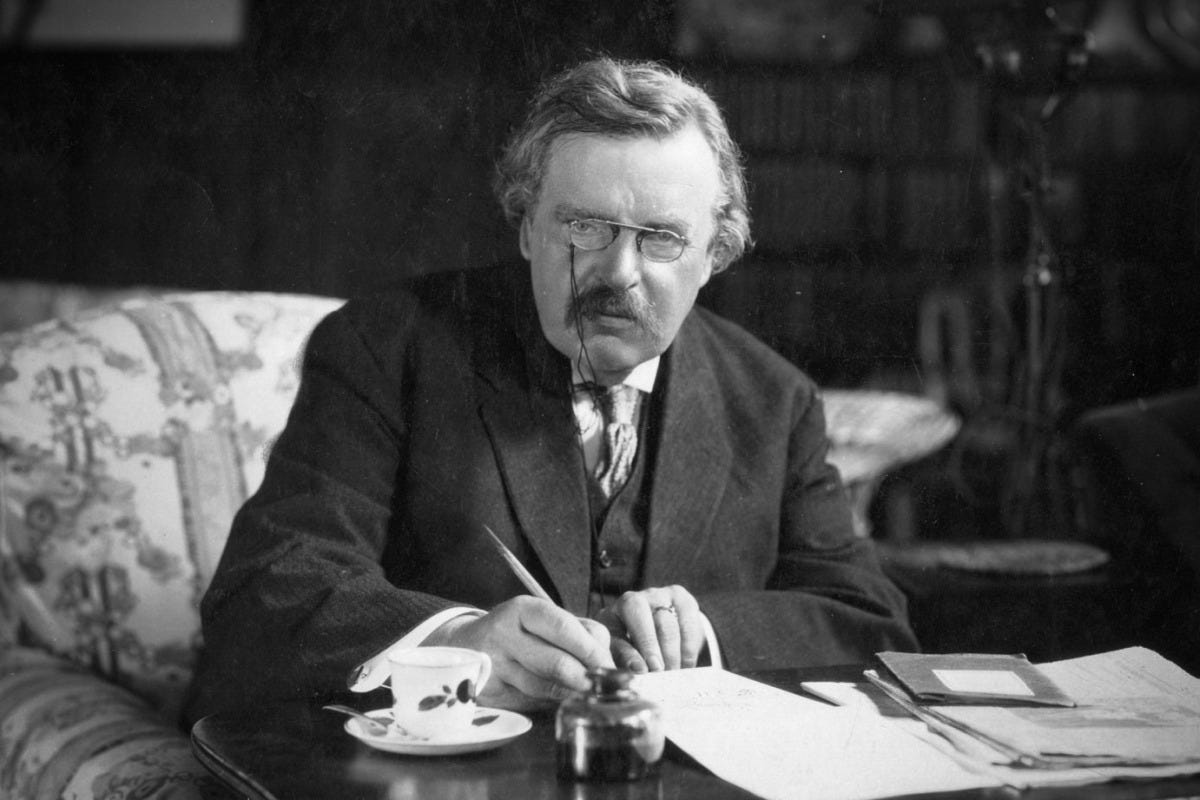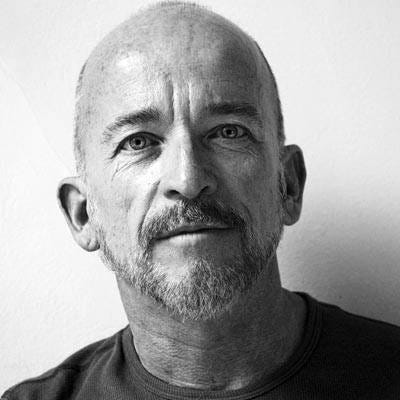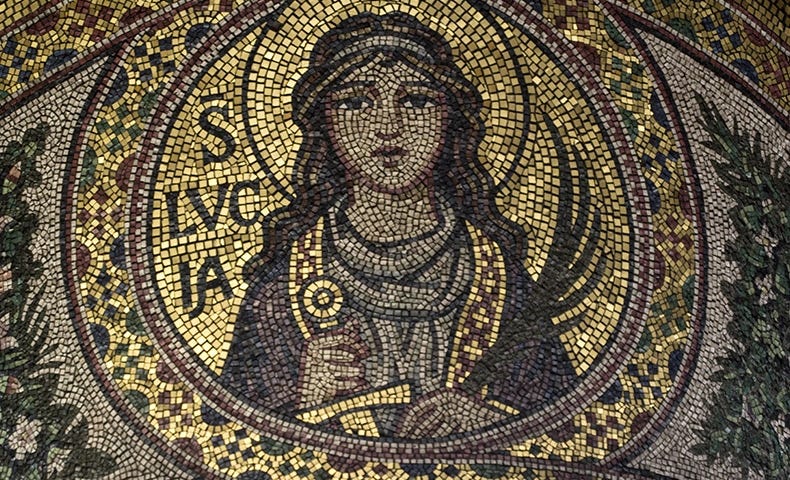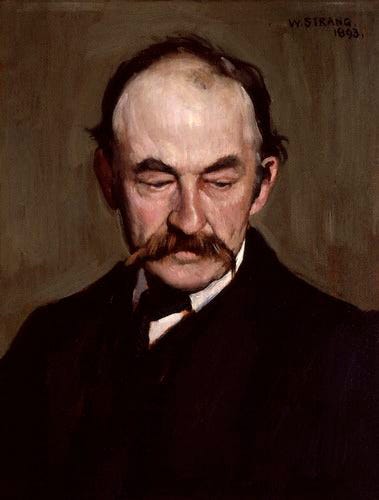Wendell Berry's "Satisfactions of the Mad Farmer"
Poet, novelist, and environmentalist Wendell Berry lives in Port Royal, Kentucky near his birthplace, where he has maintained a farm for over 40 years. Mistrustful of technology, he holds deep reverence for the land and is a staunch defender of agrarian values. He is the author of over 50 books of poetry, fiction, and essays. His poetry celebrates the holiness of life and everyday miracles often taken for granted. In 2016, Berry was awarded the Ivan Sandrof Lifetime Achievement Award by the National Books Critics Circle. In 2010, Barack Obama awarded him with the National Humanities Medal. Berry’s other honors include the T.S. Eliot Prize, the Aiken Taylor Award for poetry, the John Hay Award of the Orion Society, and the Richard C. Holbrooke Distinguished Achievement Award of the Dayton Literary Peace Prize. Berry’s poetry collections include This Day: Collected & New Sabbath Poems (2014), Given (2005), A Timbered Choir: The Sabbath Poems 1979-1997, Entries: Poems (1994), Traveling at Home (1989), The Selected Poems of Wendell Berry (1988), Collected Poems 1957-1982 (1985), Clearing (1977), There Is Singing Around Me (1976), and The Broken Ground (1964).Critics and scholars have acknowledged Wendell Berry as a master of many literary genres, but whether he is writing poetry, fiction, or essays, his message is essentially the same: humans must learn to live in harmony with the natural rhythms of the earth or perish. His book The Unsettling of America: Culture and Agriculture (1977), which analyzes the many failures of modern, mechanized life, is one of the key texts of the environmental movement. Berry has criticized environmentalists as well as those involved with big businesses and land development. In his opinion, many environmentalists place too much emphasis on wild lands without acknowledging the importance of agriculture to our society. Berry strongly believes that small-scale farming is essential to healthy local economies, and that strong local economies are essential to the survival of the species and the wellbeing of the planet. In an interview with New Perspectives Quarterly editor Marilyn Berlin Snell, Berry explained: “Today, local economies are being destroyed by the ‘pluralistic,’ displaced, global economy, which has no respect for what works in a locality. The global economy is built on the principle that one place can be exploited, even destroyed, for the sake of another place.”Berry further believes that traditional values, such as marital fidelity and strong community ties, are essential for the survival of humankind. In his view, the disintegration of communities can be traced to the rise of agribusiness: large-scale farming under the control of giant corporations. Besides relying on chemical pesticides and fertilizers, promoting soil erosion, and causing depletion of ancient aquifers, agribusiness has driven countless small farms out of existence and destroyed local communities in the process. In a New Perspectives Quarterly interview Berry commented that such large-scale agriculture is morally as well as environmentally unacceptable: “We must support what supports local life, which means community, family, household life—the moral capital our larger institutions have to come to rest upon. If the larger institutions undermine the local life, they destroy that moral capital just exactly as the industrial economy has destroyed the natural capital of localities—soil fertility and so on. Essential wisdom accumulates in the community much as fertility builds in the soil.” Get full access to The Daily Poem Podcast at dailypoempod.substack.com/subscribe
 Sign in
Sign in Sign in
Sign in Sign in
Sign in

